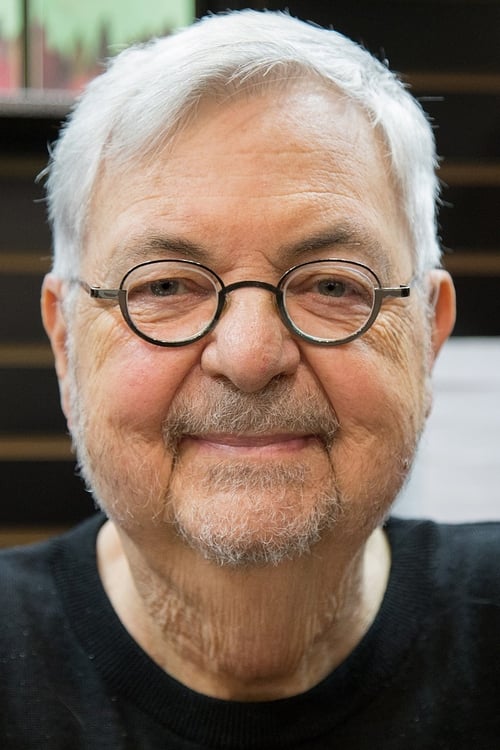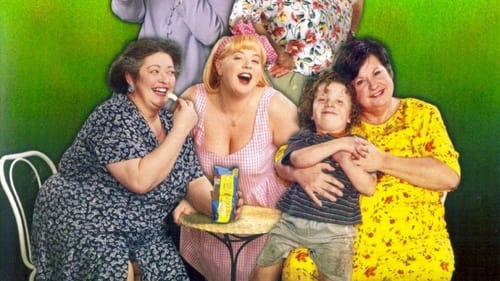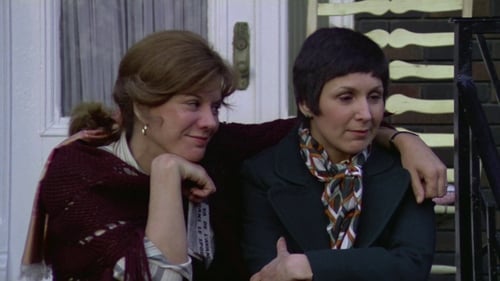Michel Tremblay
Nascimento : 1942-06-25, Montreal, Quebec, Canada
História
Michel Tremblay (born 25 June 1942) is a French-Canadian novelist and playwright.
Tremblay was born in Montreal, Quebec, where he grew up in the French-speaking neighbourhood of Plateau Mont-Royal; at the time of his birth, a neighbourhood with a working-class character and joual dialect - something that would heavily influence his work. Tremblay's first professionally produced play, Les Belles-Sœurs, was written in 1965 and premiered at the Théâtre du Rideau Vert on August 28, 1968. It transformed the old guard of Canadian theatre and introduced joual to the mainstream. It stirred up controversy by portraying the lives of working-class women and attacking the strait-laced, deeply religious society of mid-20th century Quebec.
The most profound and lasting effects of Tremblay's early plays, including Hosanna and La Duchesse de Langeais, were the barriers they toppled in Quebec society. Until the Quiet Revolution of the early 1960s, Tremblay saw Quebec as a poor, working-class province dominated by an English-speaking elite and the Roman Catholic Church. Tremblay's work was part of a vanguard of liberal, nationalist thought that helped create an essentially modern society. His most famous plays are usually centred on gay characters. The first Canadian play about and starring a drag queen was his play Hosanna, which was first performed at Théâtre de Quat'Sous in Montreal in 1973. The women in his plays are usually strong but possessed with demons they must vanquish. It is said he sees Quebec as a matriarchal society. He is considered one of the best playwrights for women. In the late 1980s, Les Belles-sœurs ("The Sisters-in-Law") was produced in Scotland in Scots, as The Guid-Sisters ("guid-sister" being Scots for "sister-in-law"). His work has been translated into many languages, including Yiddish, and including such works as Sainte-Carmen de la Main, Ç'ta ton tour, Laura Cadieux, and Forever Yours, Marilou (À toi pour toujours, ta Marie-Lou).
He has been openly gay throughout his public life, and he has written many novels (The Duchess and the Commoner, La nuit des princes charmants, Le Coeur découvert, Le Coeur éclaté) and plays (Hosanna, La duchesse de Langeais, Fragments de mensonges inutiles) centred on gay characters. In a 1987 interview with Shelagh Rogers for CBC Radio's The Arts Tonight, he remarked that he has always avoided behaviours he has considered masculine; for example, he does not smoke and he noted that he was 45 years old and did not know how to drive a car. "I think I am a rare breed," he said, "A homosexual who doesn't like men." He claims one of his biggest regrets in life was not telling his mother that he was gay before she died. ...
Source: Article "Michel Tremblay" from Wikipedia in English, licensed under CC-BY-SA 3.0.






